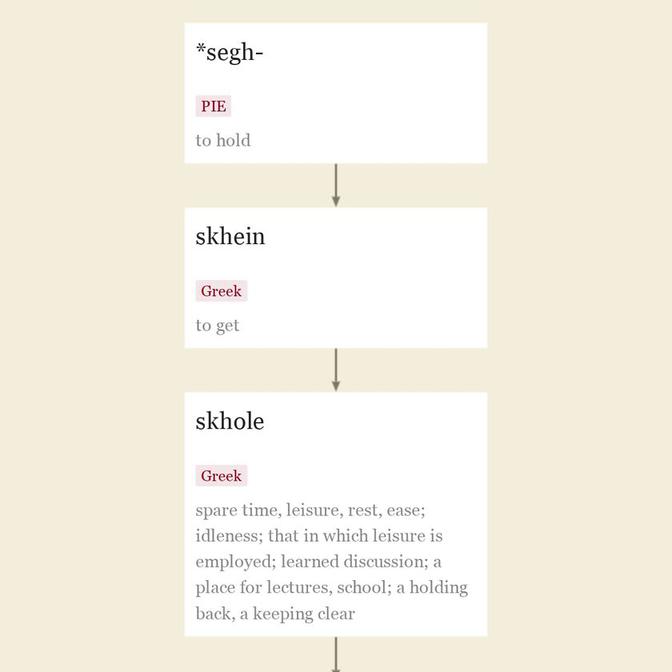unschooled adj.
1580s, "
updated on February 28, 2014
- anticyclone
- antidepressant
- antidisestablishmentarianism
- antidotal
- antidote
- antietam
- anti-fascist
- antifebrile
- anti-feminist
- anti-freeze
- antigen
- antigone
- antigua
- anti-hero
- antihistamine
- anti-imperialist
- anti-intellectual
- anti-intellectualism
- anti-macassar
- anti-mason
- antimatter
- antimetabole
- anti-militarist
- antimnemonic
- antimony
